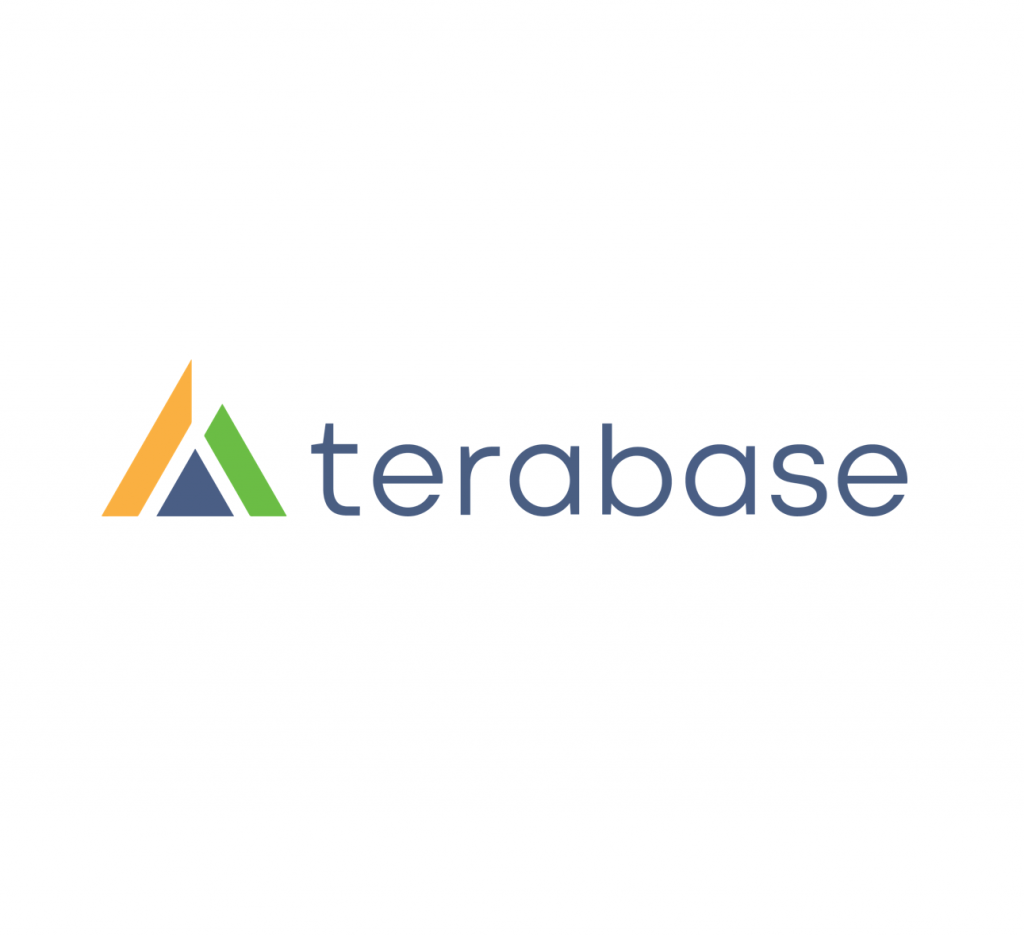TemperPack Raises $22.5 Million Series B
Richmond, VA, January 10, 2019 / FORBES / – On Tuesday, the San Diego City Council voted 6-3 to ban the use of Styrofoam. In doing so, it joined major metropolitan areas like New York, Seattle, Minneapolis and Washington, DC in eliminating the use of polystyrene foam within city limits. Packaging startup TemperPack is looking to cash in on this styro-backlash, offering a rival recyclable packaging product. Today the company closed a $22.5 million Series B, led by billionaire Steve Case‘s Revolution Growth, bringing its total funding to $40 million.
“We’re in a race to become the market leader in sustainable thermal packaging and insulation that doesn’t harm the planet. It’s a multi-billion dollar category and it’s dominated by Styrofoam,” says TemperPack cofounder and co-CEO Brian Powers, who made the Forbes 30 Under 30 list in 2016. “In order to win the market we need to move really quickly.”
The race to become a leader in the space is an uphill battle. Styrofoam, a trademarked brand of insulation by the Dow Chemical Company, is the term commonly used to refer to the material used in disposable coffee cups, take-out containers, packing peanuts and insulated packaging. Though it cannot be recycled and requires up to 500 years to decompose, it has long been the industry standard for thermal packaging.
Luckily, co-CEOs Powers and James McGoff have a long history of doing business together; the duo have been friends since middle school where they cut their teeth founding yard work and junk haul businesses. They reunited to found TemperPack in 2015 after brief stints in investment banking and materials engineering, respectively. Powers helms the financial and operations side of the business, while McGoff manages product innovation and sales.
The Richmond, Virginia-based company developed its patent-pending “ClimaCell” packaging that it claims produces 97% less carbon emissions in the manufacturing process. This is in addition to being completely curbside recyclable, which the company says has helped divert 10 million pounds of plastic foam from ending up in landfills.
Even without the local ordinances against plastic foam, it’s likely that TemperPack would find commercial success as companies continue to face consumer pressure to “do good.” They have focused on the pharmaceutical and food delivery industries, two areas that require product to move at specific temperatures, with clients like HelloFresh and Diplomat Pharmacy (pharma cold-chain logistics alone are expected to be worth $16.6 billion by 2021).
“We’re tracking a long standing movement to sustainability in a number of arenas,” said Revolution partner Todd Klein, who will join TemperPack’s board after leading the latest round of funding. “The question of sourcing and sustainability is really becoming part of the conversation for pretty much any consumer product that we deal with.”
TemperPack plans to use the fresh funding to expand its workforce and operations. It will grow its workforce by 100 employees in the next year, primarily in its production facilities (out of its current 300 employees, only 95 are corporate employees while the rest are warehouse employees). They have two existing production facilities in Las Vegas and Richmond, and they plan to break ground on a third in 2019.
As commerce increasingly migrates to online, particularly in the food and pharmaceutical industry, TemperPack is confident that companies will migrate to more environmentally conscious packaging. “These companies used to have huge budgets to spend on nice, shiny stores. Now they have to modify that to work with the ecommerce role,” McGoff told Forbes. “Every piece of a shipment has to be well thought out and the traditional materials available are completely at odds with how companies want to appear to their customers.”


